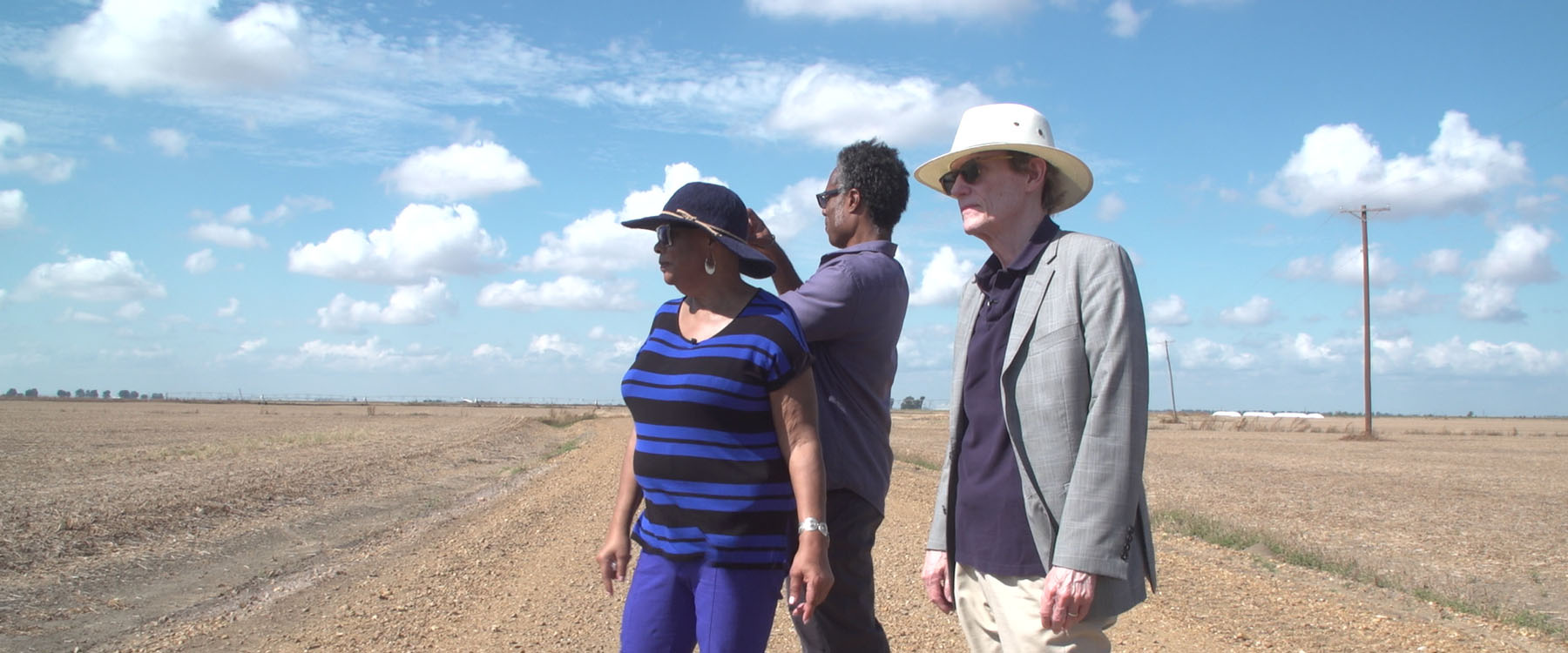Our work - BlueSpark Collaborative Projects
Blue Spark Collaborative - Distinguished filmmaking, writing and broadcast excellence
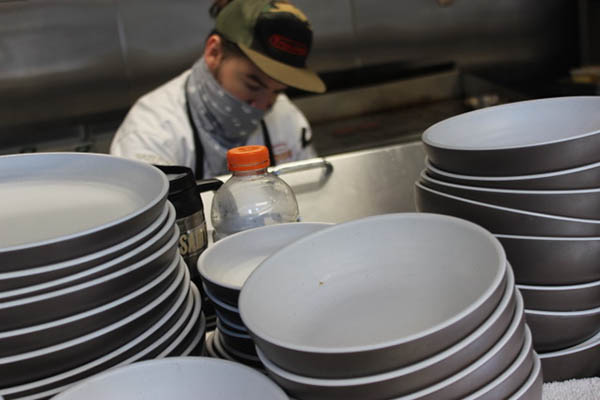
Future of Work
Future of Work explores monumental changes in the workplace and the long-term impact on workers, employers, educators and communities.
Employment is part of the American Dream. Will the future provide opportunities for jobs that sustain families and the nation? Our film Futureproof asks what is the future of work that American workers are hoping for? Can we “futureproof” jobs and workers against robots, AI, pandemics, and racial and economic disparities?
Series trailers
https://www.pbs.org/show/future-work/
Futureproof
https://www.pbs.org/video/shifting-landscape-work-35m07i/?continuousplayautoplay=true
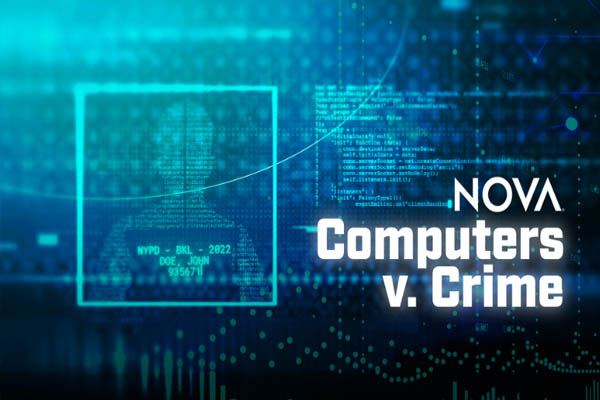
Computer History Museum special event
Computers vs Crime
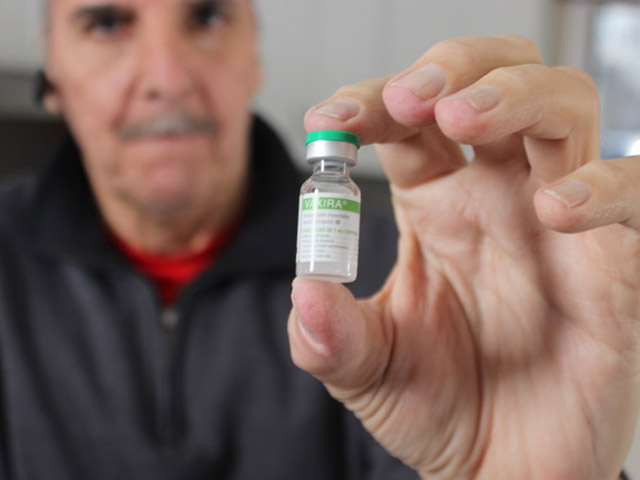
CUBA’S CANCER HOPE (NOVA)
How did Cuba become a world leader in cutting-edge cancer technologies despite a 55-year U.S. embargo?
And how did ‘science diplomacy’ make a historic collaboration between Centro de Inmunología Molecular (Center of Molecular Immunology) in Havana, and Roswell Park Comprehensive Cancer Center in Buffalo, NY possible?
The film reveals how Fidel Castro’s lifelong commitment to cancer-fighting drugs and disease prevention led to the creation of Cuba’s advanced medical infrastructure. We meet the Cuban scientist responsible for new lung cancer treatments like CIMAvax-EFG and other pharmaceutical advances. And we follow a US citizen with Stage 3 lung cancer, who challenges the Cuban embargo to receive treatment in Havana that has been keeping him alive.
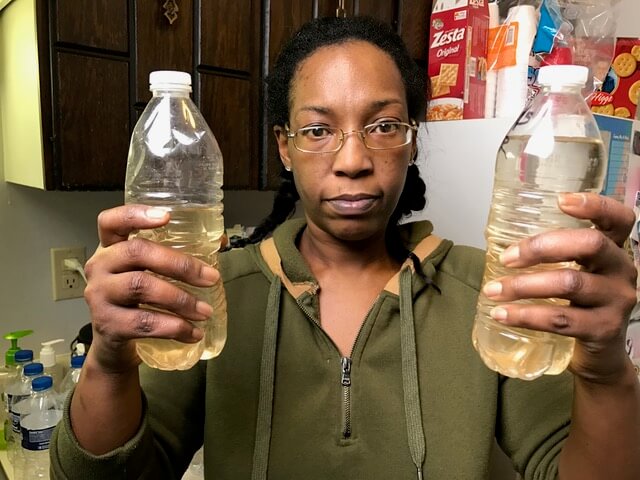
Poisoned Water
Llew recently directed “Poisoned Water” (produced by Kelly Thomson), a one hour documentary about the water crisis in Flint, Michigan, for PBS NOVA.
Poisoned Water has won the 2017 AAAS Kavli Science Journalism Award Silver Award. From the announcement: “NOVA investigated the science behind the disastrous results that occurred when officials in Flint, Michigan decided to change the city’s water source to save money but ─ by overlooking a crucial corrosion control process ─ allowed lead from old lead water pipes to leach into the city’s drinking water…’Poisoned Water’ takes a thorough look behind the headlines to give viewers insight both into the environmental and human costs of the Flint water crisis as well as how public officials actively hid the danger thereby eroding the public trust. Guy Gugliotta, a freelance science writer, called the program ‘a tremendous public service, quite riveting and dripping with outrage.’ Llewellyn Smith previously won the award in 2007 in the television category.” [https://sjawards.aaas.org/2017winners] Poisoned Water has been nominated for an Emmy in the science documentary category.
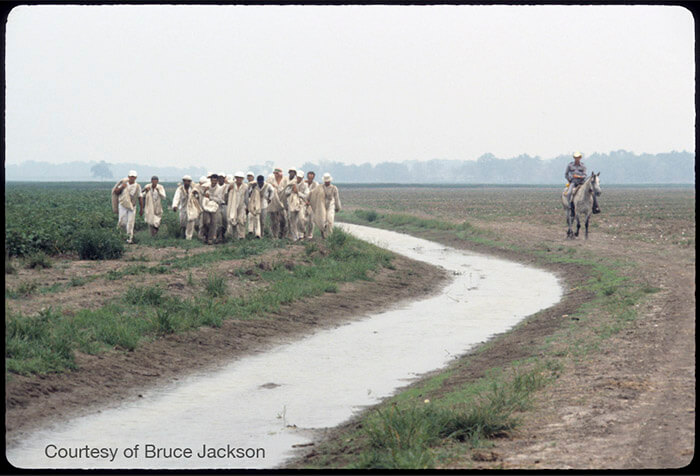
Slavery in effect: What is the lifetime of mass incarceration?
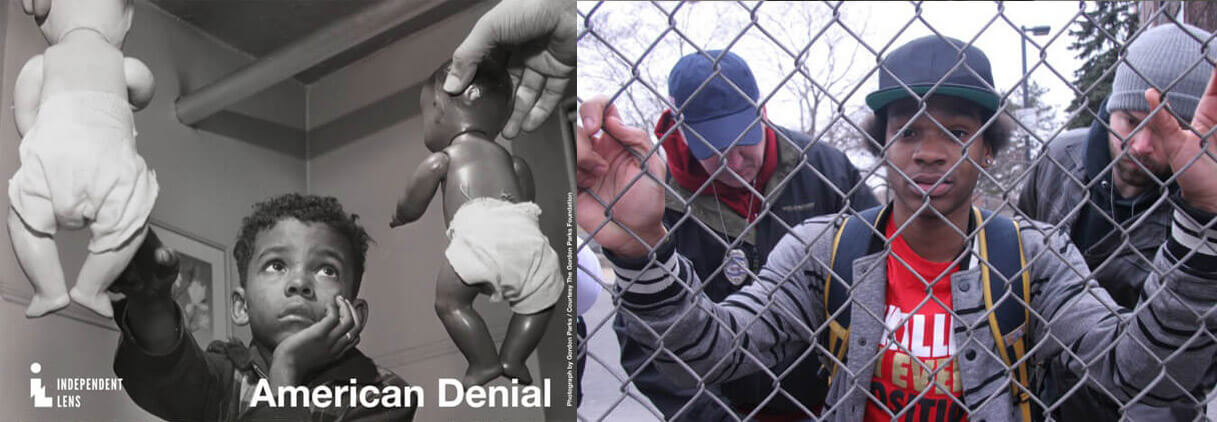
American Denial
At a time when police shootings, mass incarceration and the Black Lives Matter movement have rekindled a national dialogue on race-prejudice American Denial explores how unconscious biases shapes our understanding of race and class.
Using Gunnar Myrdal’s 1944 investigation of Jim Crow racism as a springboard, the film examines how unrecognized, unconscious attitudes continue to dominate racial dynamics and shape American institutions and culture in powerful ways. The film was directed by Llewellyn Smith and produced by Vital Pictures, Boston.
Watch American Denial
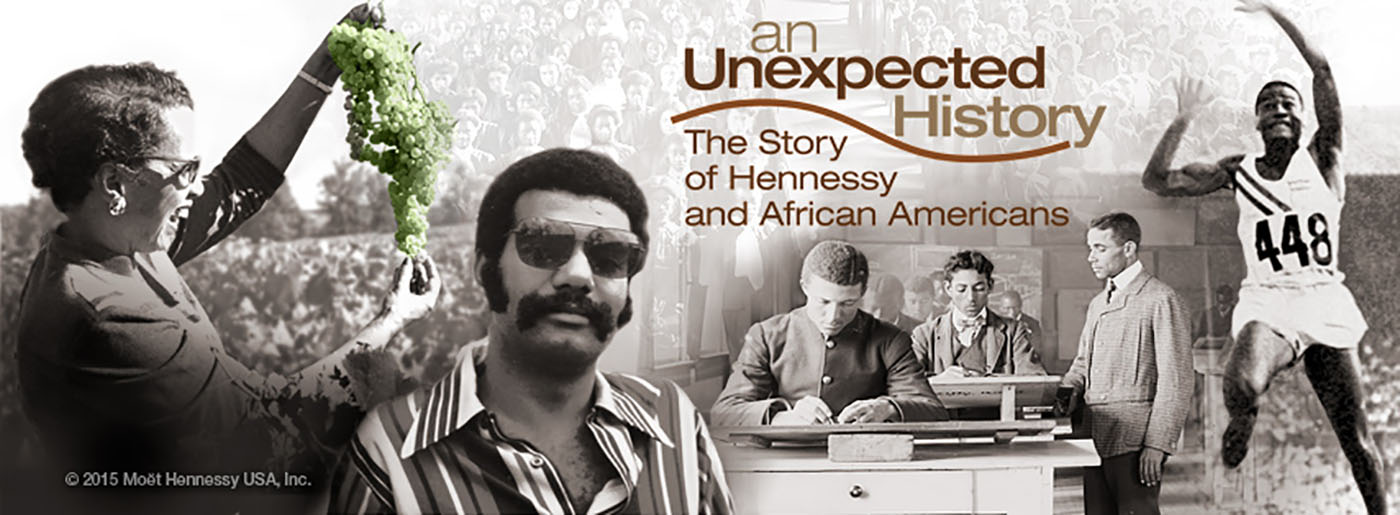
An Unexpected History - The Story of Hennessy and African Americans
BlueSpark created a documentary about the Moet Hennessy company and the history of their connection with the African American community going back 100 years, as part of the celebration of the brand’s 250th anniversary in 2015.
The film centers on the lives of several remarkable individuals whose efforts have both inspired and reflected the company’s striving for excellence. Executives at Hennessy supported W.E.B. DuBois to found the NAACP, worked to defend the Scotsboro Boys, and were among the first national advertisers to purchase ad copy in Jet and Ebony magazines. Interviews, archival footage, period dramatizations and an original jazz score by Christian Scott aTunde Adjuah (https://christianscott.bandcamp.com/album/stretch-music) bring these stories to life.
Watch An Unexpected History
https://vimeo.com/130968729
Password: cognac
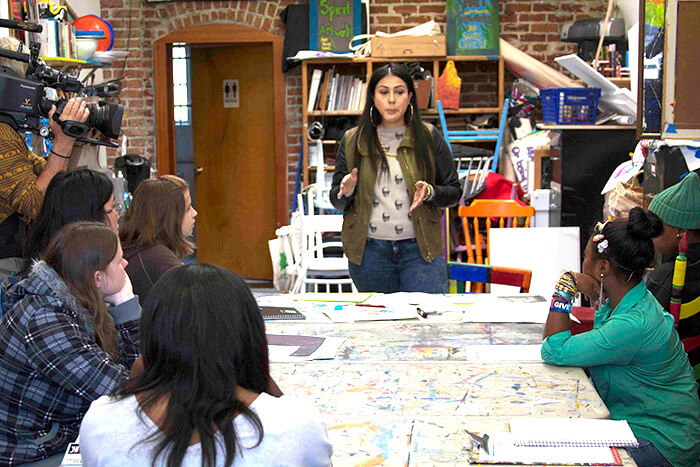
Wounded Places: Confronting Childhood PTSD in America's Shell-Shocked Cities
Our film looks at the experiences of families and young people of color who live in conditions of trauma and toxic stress in Philadelphia and Oakland, two of the nation’s most violent cities.
We look both at how social and economic forces produce, isolate and exclude some families and communities, and how a trauma-informed approach to public health and safety represents a profound shift in paradigm that seeks to heal injury rather than blame or punish, asking “what happened to you?” instead of “what did you do?” This project was commissioned by California Newsreel as a part of a major initiative that includes a PBS broadcast,
The Raising of America—Early Childhood and the Future of Our Nation.
What they are saying about Wounded Places:
Thank you, Wounded Places, for uncovering the back story of the violence and trauma in our cities and the cumulative impact it has on our youth, their families, and communities. Now that we’ve seen it, we must mobilize and engage policymakers, community members, funders, and others to take immediate action. Our children deserve nothing less from us!
Angela Glover Blackwell, Founder & CEO, PolicyLink
Wounded Places is a wake-up call. We talk a great deal about the violence in our cities, but not about the aftermath. Wounded Places does. Powerfully and thoughtfully. The film poses the question we must all ask: What happens to a generation of children who come to view the world as hostile and threatening?
Alex Kotlowitz, author, “There Are No Children Here”
Will we let Wounded Places start the conversations we so desperately need? All children react to the world through their experiences. They have the capacities for trust, friendship, learning and love. Or they can become suspicious, fearful and overly aggressive. Wounded Places shows us that children can flourish and our nation becomes healthier, safer and better educated when we care for and invest in impoverished communities rather than neglect them.
Benjamin Jealous, Partner, Kapor Capital & former president, NAACP
No one who sees Wounded Places will remain unmoved by the plight of children growing up in our nation’s high-poverty communities. These kids face – as one of the many experts interviewed in the film states – an “unrelenting adversity” that no child should have to face. With this film, California Newsreel again challenges us – when will we live up to our nation’s creed that all children should have an equal opportunity to thrive?
Brian Smedley, Director, National Collaborative for Health Equity
Wounded Places is a riveting documentary on the severe psychological trauma children suffer living in violent communities. It’s an urgent plea to protect our children and help them heal from endemic victimization.
Alvin F. Poussaint, MD, Professor of Psychiatry, Harvard Medical School
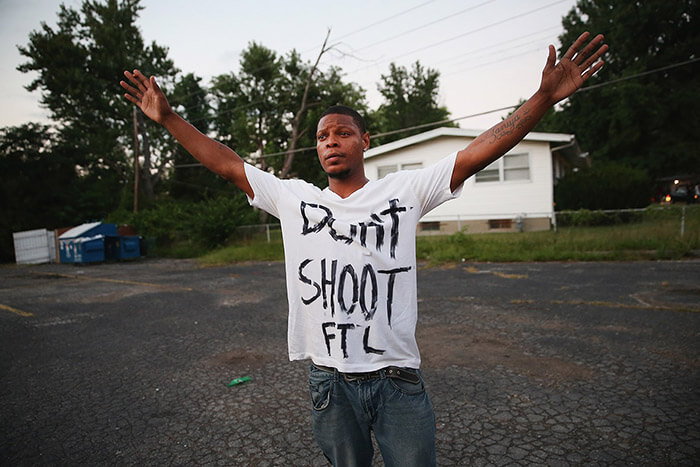
The Talk
Llew was one of four producers who worked on The Talk, a 2-hour PBS special from WNET/Thirteen in New York that was broadcast nationally in Jan 2017.
The documentary project was inspired by stories of instruction that many African American families give their children on what to do when stopped by police, and by videos of police shootings that have sparked an intense national dialogue on racial discrimination in law enforcement and police use of deadly force.
Llew’s segment examined what policing looks like from the point of view of instructors and and recruits at South Carolina Criminal Justice Academy (SCCJA).
